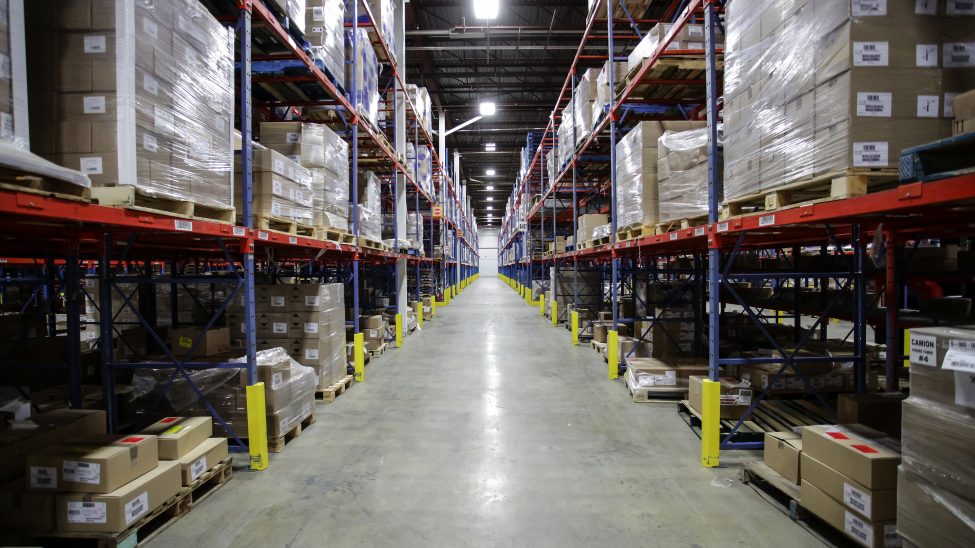
Could the government have foreseen that there would be a shortage of personal protective equipment?
Globalization and an open world economy has resulted in relocation of a major number of production plants. Therefore, all countries get many of their supplies from the same place.
When COVID-19 became a public health issue on a global scale, a shortage of personal protective equipment quickly became an issue.
The Government of Québec could have set up a reserve in the event of a crisis like the one we are currently experiencing.
VériFIQation done!
In 2009, Québec stockpiled 23 million masks, 53 million gloves and 2.3 million medical gowns to face the SARS epidemic. Setting up such a reserve was the subject of a recommendation from a Ministry of Health and Social Services committee on the preventive measures for SARS.
In 2012, during the influenza crisis, the ministerial committee on network governance came to the same recommendation. However, in 2020 Québec still did not have any provincial medical equipment reserves.
The government made the decision not to store any equipment for fear of wasting it because they have an expiration date. They then decided to follow an adage of Lean Management, a just in time procurement.
The just in time consists of only delivering a quantity needed for immediate consumption. However, it’s easy to responsibly manage stock and accumulate a certain quantity of equipment, dispose of a certain percentage periodically for routine interventions and replace it as needed so there is always a certain quantity available when faced with a crisis.
Canada has such an emergency stash. However, the Public Health Agency of Canada revealed that it was in a state of disrepair. Senior civil servants maintain that a lack of inventory monitoring over the last 10 years and a steady decline in spending in health security expenditures have made it impossible to maintain an adequate and up-to-date quantity of equipment to face a pandemic like COVID-19.
It must therefore be concluded that not preparing was a choice, to not stock an adequate reserve of personal protective equipment. Moreover, by maintaining our business relationships with low-cost suppliers, we are giving up our ability to produce personal protective equipment to countries that do not foster good working conditions for their citizens.